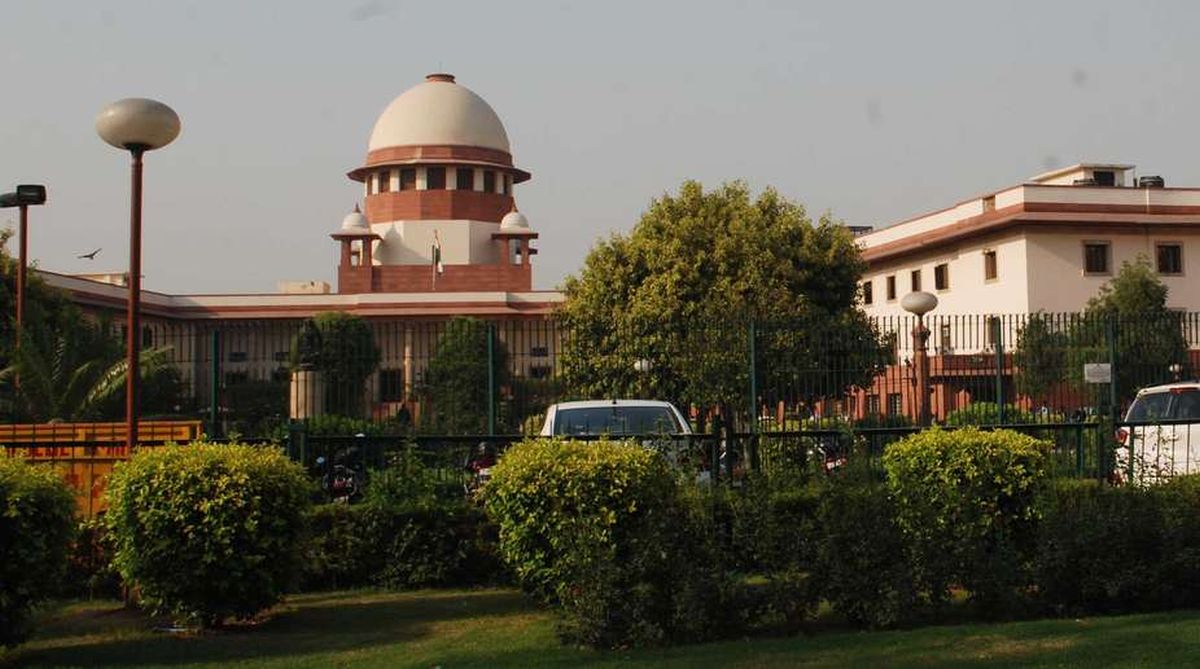India’s Got Latent: SC issues notice on YouTuber Ashish Chanchlani’s plea against FIRs
SC issues notice on YouTuber Ashish Chanchlani’s plea to quash or transfer FIR in India’s Got Latent case; tagged with Ranveer Allahabadia’s petition.

Supreme Court (Photo: SNS)
It is unfortunate that the Supreme Court appointed Environmental Pollution Control Authority should expel largely ineffectual hot air from time to time to justify its presence as a monitoring authority. It might for instance do better to consider the many factors that add up to create the gigantic problem of pollution in Delhi than to come up with outlandish suggestions that make headlines but little sense. This week, the EPCA first announced it was considering an outright ban on private cars and later, perhaps realising the unfeasibility of its threat, changed tack to appeal to all private car users ~ and especially owners of diesel cars ~ that they use public transport.
This homily presumes the availability of public transport to cover the needs of citizens of Delhi and its satellite towns. A peak hour ride on a city bus or the Metro will reveal that public transport resources are already strained and should all private vehicle users switch over the system will collapse. What members of the EPCA might gainfully do is to spend a couple of hours each evening at the Gurgaon-Delhi border on the highway from Jaipur.
Advertisement
Thousands upon thousands of cars, buses, vans and motor-cycles spew noxious fumes for indeterminate lengths of time as representatives of the agency collecting toll tax on behalf of the municipal corporation from public vehicles entering the Capital straddle every lane and bring traffic to a halt. Even as the Prime Minister periodically regales us with claims about his signal achievement of “one nation, one tax”, the imposition of this toll mocks his words and, from the perspective of the EPCA, adds copious amounts of toxic gases to the atmosphere. It happens every day, and it happens with members of the Delhi and Gurgaon traffic police scarcely in attendance.
Advertisement
Stretching as the jams sometimes do to the Capital’s airport, they show ~ both from the sky and on ground ~ a city at a standstill. The management of traffic and its impact on pollution on the Gurgaon-Delhi border is a daily scandal of epic proportions, but no one ~ least of all the EPCA ~ seems to care. What members of the EPCA might also do is to study the numbers of Ola and Uber taxis in the city.
There are so many that lines at CNG filling stations stretch for kilometres and force private CNG car users to switch to use of polluting fuel when they can’t wait so long. Do we need so many Olas and Ubers and would the EPCA bother to conduct a study on just how many of them ought to be licensed? The EPCA might also do well to pull up the traffic police chiefs of Delhi and Gurgaon for the obsessive concern of their men on levying fines without a parallel effort to be present at road points and junctions that are notorious for jams. The apex court for its part might study exactly what has been achieved ~ or not achieved ~ in the two decades after its well-intentioned measure of appointing the EPCA. The horrors are mounting.
Advertisement